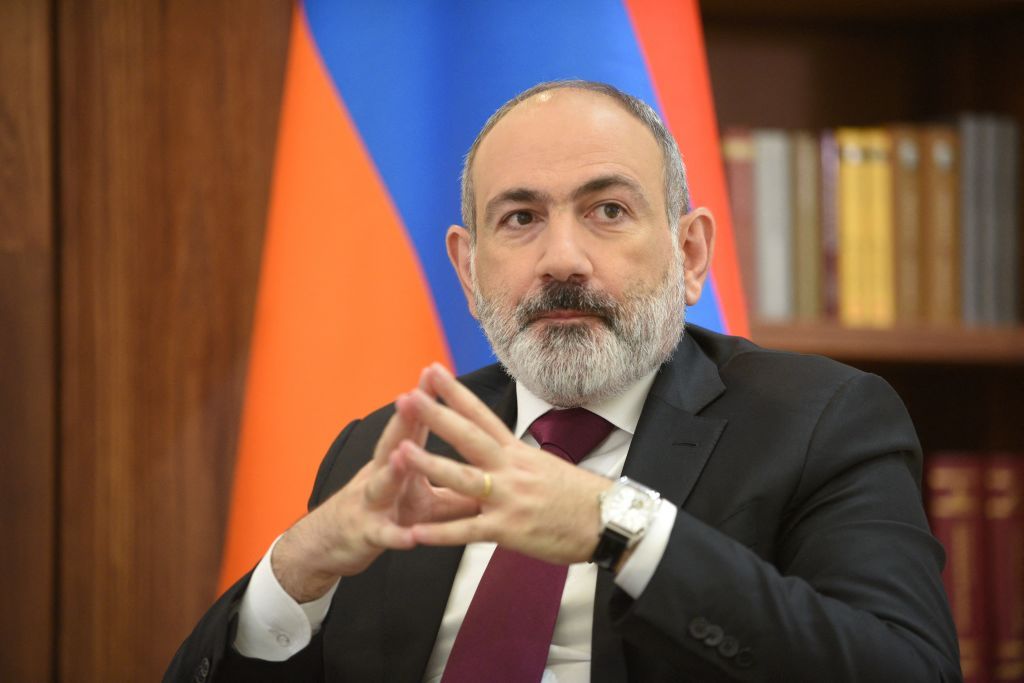The European Union and Armenia have initiated discussions on a visa-free regime, marking a significant moment in their relations. Armenian Prime Minister Nikol Pashinyan welcomed EU dignitaries for talks, expressing appreciation for the progress being made in their relations. The EU has approved military support for Armenia, signaling a move away from its longstanding partnership with Russia. Armenia’s decision to seek closer ties with the EU and other Western countries comes after tensions with Russia escalated in the wake of conflicts in Nagorno-Karabakh, prompting the country to suspend its participation in the Russian-led Collective Security Treaty Organization (CSTO). Despite ongoing challenges, Armenia is exploring options for EU membership and strengthening security ties with other nations.
The deteriorating relations between Armenia and Russia can be traced back to Russia’s perceived lack of support during conflicts between Nagorno-Karabakh and Azerbaijan. The decision to suspend participation in the CSTO reflects Armenia’s growing disillusionment with its traditional ally. Amidst these tensions, Armenia is actively seeking to cultivate relationships with Western countries and is considering applying for EU membership. Armenian officials are also focusing on fostering security ties with countries like France, the U.S., and India as a means of diversifying their alliances and reducing dependence on Russia. The decision to engage in a visa-free dialogue with the EU underscores Armenia’s strategic shift towards Western partners.
Relations between Armenia and Russia have soured further since the start of Russia’s invasion of Ukraine, with Moscow showing a willingness to tolerate colder ties with the West. In contrast, Armenia’s decision to distance itself from Russia reflects a broader geopolitical realignment in the region. The offer by Azerbaijani President Ilham Aliyev to mediate peace talks between Azerbaijan and Armenia over Nagorno-Karabakh highlights the ongoing challenges in the region. Armenia’s efforts to strengthen ties with Western countries and explore options for EU membership signal a desire to diversify its partnerships and reduce reliance on Russia amid escalating tensions in the region.
Political developments in the South Caucasus, particularly in the aftermath of conflicts in Nagorno-Karabakh, have led Armenia to reevaluate its foreign policy approach. The decision to engage in visa-free discussions with the EU and seek closer ties with Western countries is a strategic move to balance its relationships and reduce vulnerabilities stemming from its reliance on Russia. Armenia’s suspension of participation in the CSTO and efforts to foster security ties with other nations signal a shift towards greater independence and a desire to assert its sovereignty in a complex geopolitical landscape. The ongoing tensions in the region underscore the challenges facing Armenia as it navigates a delicate balance between traditional alliances and emerging partnerships in pursuit of its national interests.
The start of visa-free dialogue between the EU and Armenia represents a significant step towards enhancing bilateral relations and fostering closer cooperation. The EU’s support for Armenia through the European Peace Facility and military assistance demonstrates a willingness to engage with Armenia and strengthen ties in areas of mutual interest. The decision by Armenia to explore options for EU membership and diversify its partnerships reflects a strategic imperative to navigate the changing geopolitical dynamics in the region. As Armenia continues to grapple with the aftermath of conflicts in Nagorno-Karabakh and seeks to assert its independence on the international stage, the dialogue with the EU offers a pathway towards deeper engagement and collaboration in areas of common concern.














